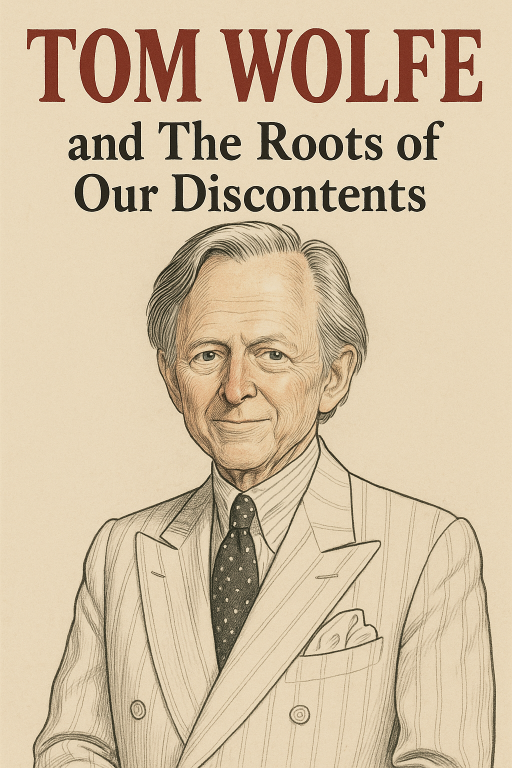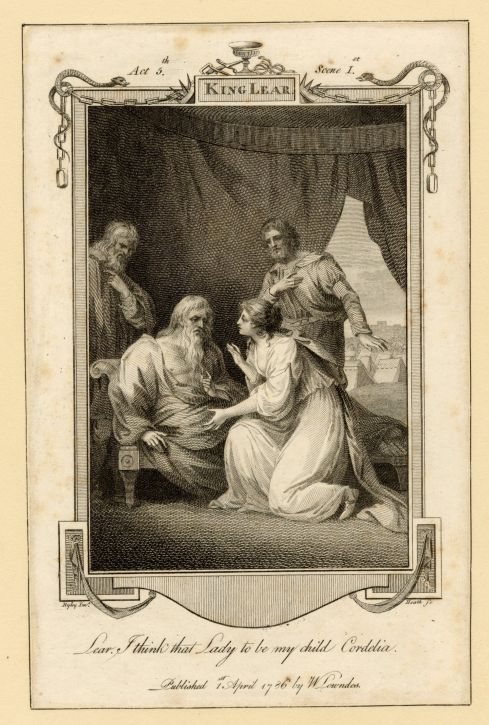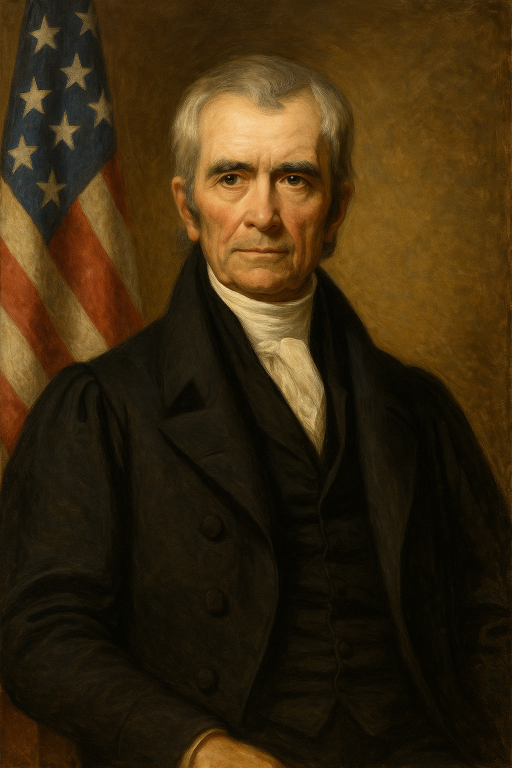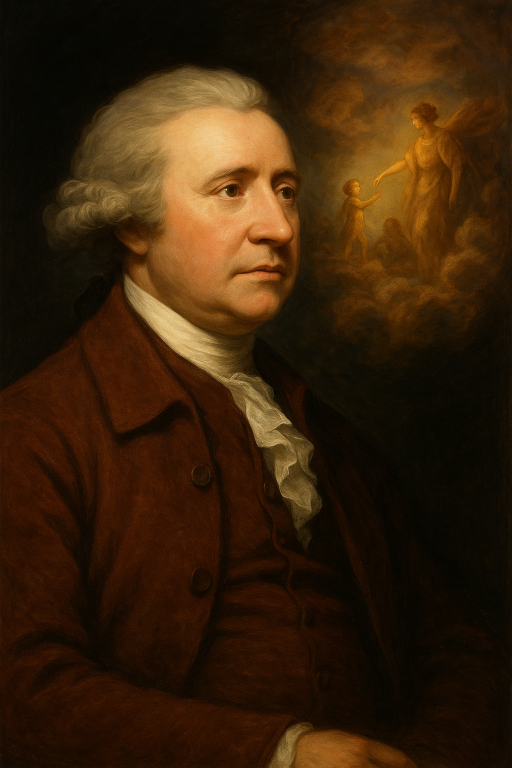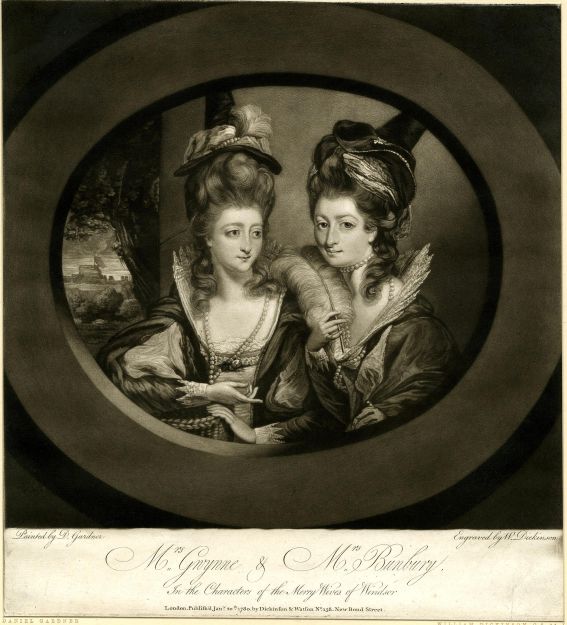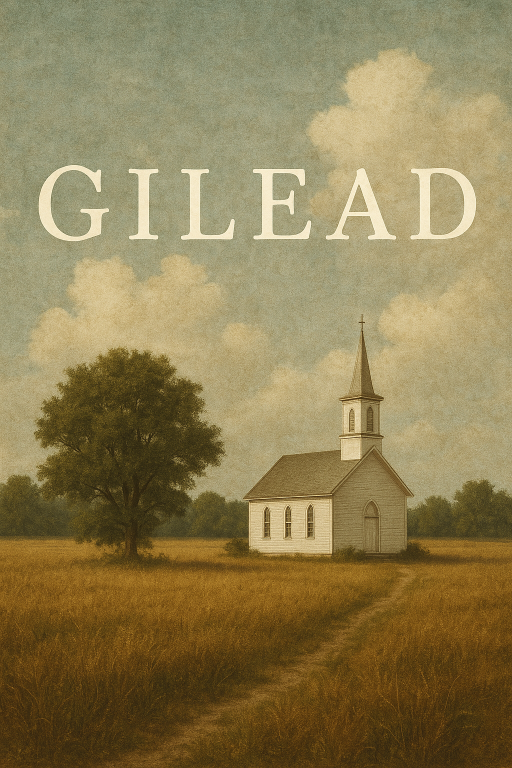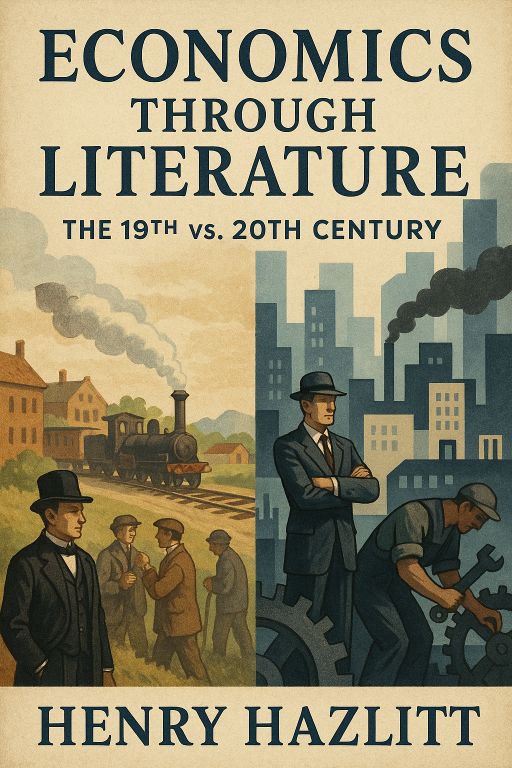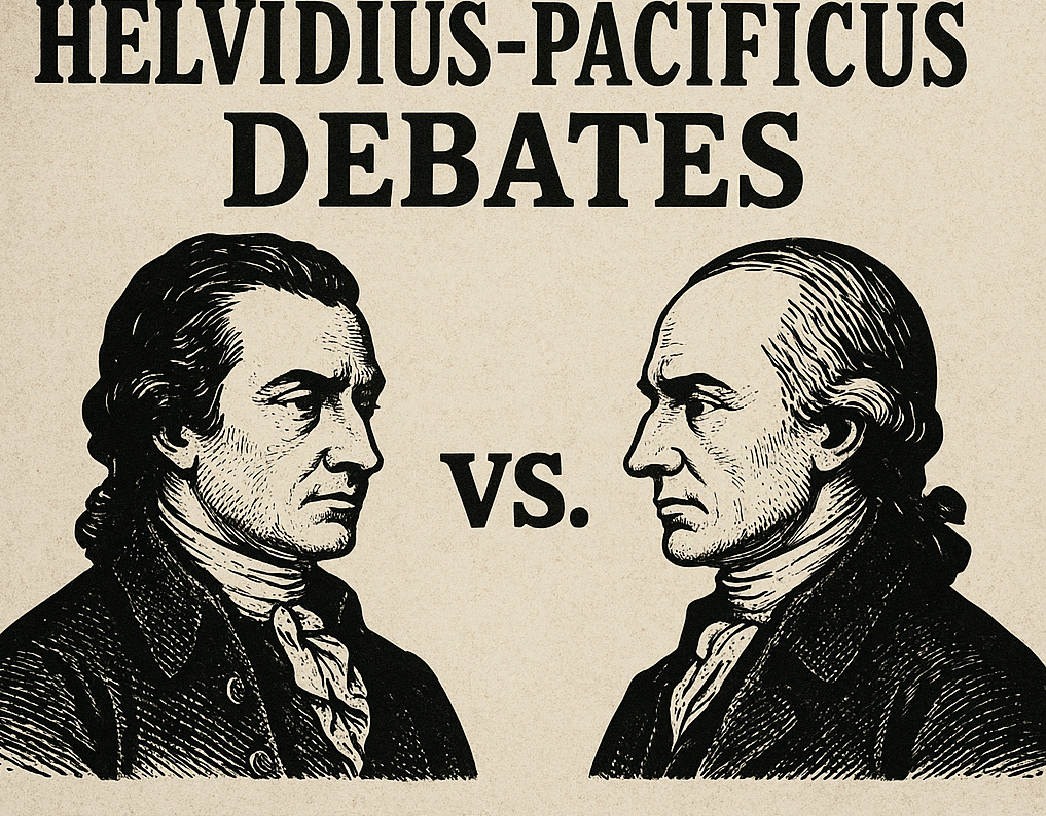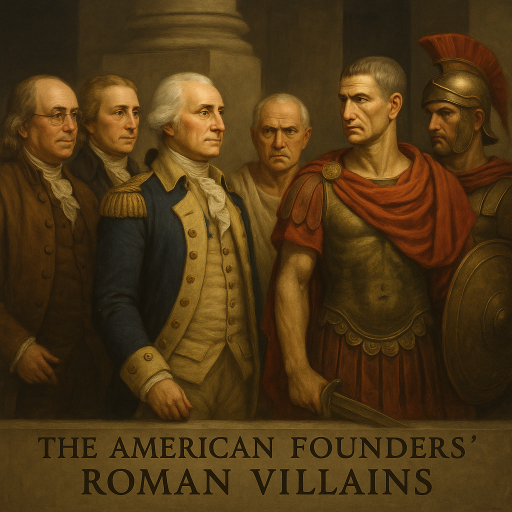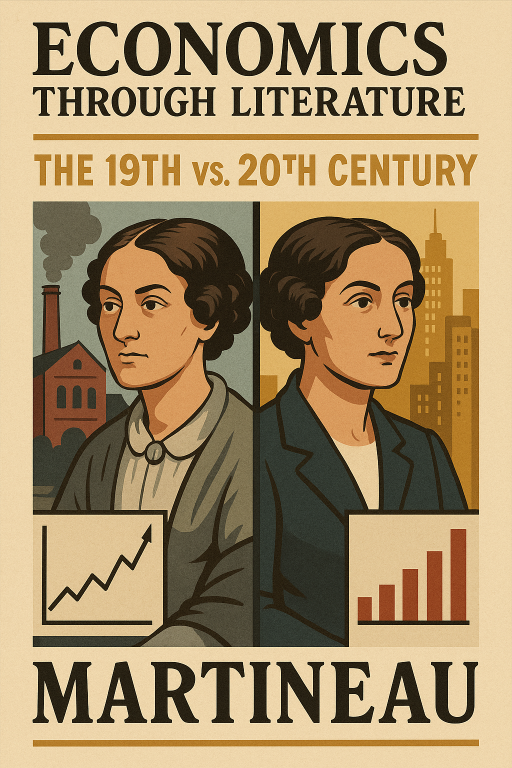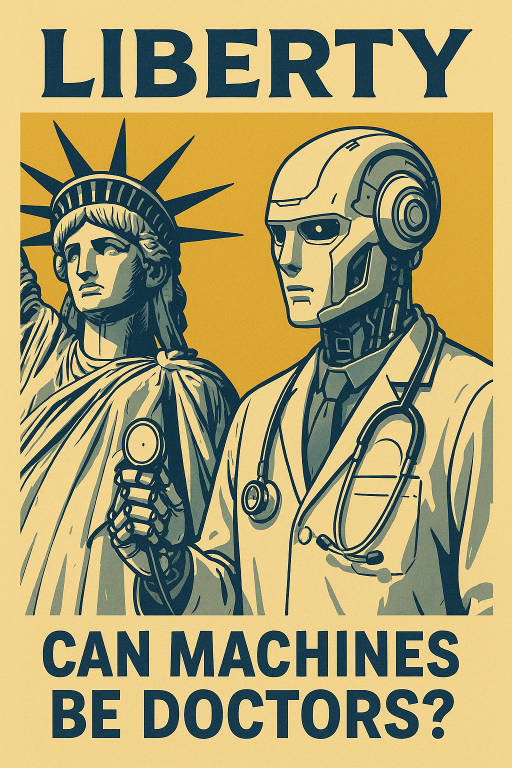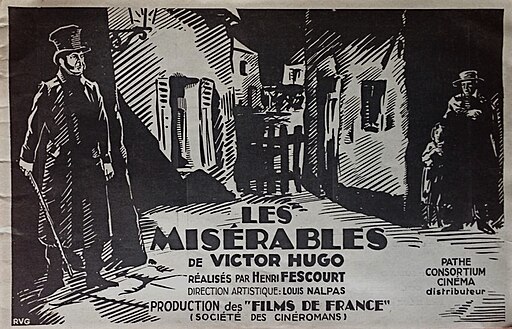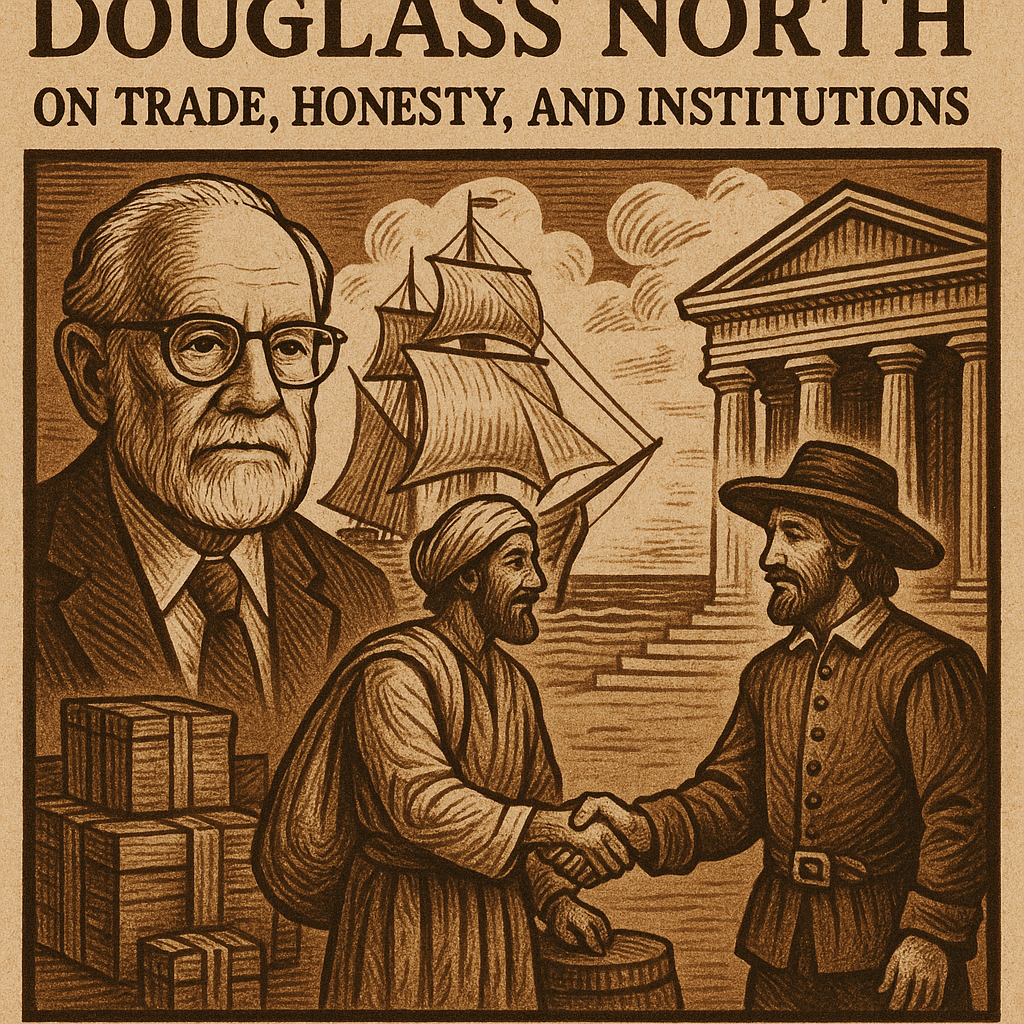Virtual Reading Groups
Would you like to join interesting people and have interesting conversations based on readings from the history of liberty?
Free Participation! | Powered by Zoom
Our Virtual Reading Groups will each focus on a particular topic, and a common set of readings will form the basis for our discussions. Each group is facilitated by a professional moderator and is conducted online powered by Zoom.
Our Timeless Reading Groups are asynchronous and open to all in the Portal platform. Liberty Fund solicits a scholar to lead a discussion of a short story and/or essays that each participant will read and discuss. This format doesn’t require participants to use Zoom or “schedule” a specific time to participate.
Participation is offered at no-cost, and there is no need to be an expert on the topic for discussion! The only requirement is that participants be eager to read and engage in conversation.
